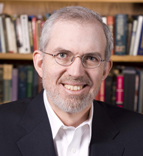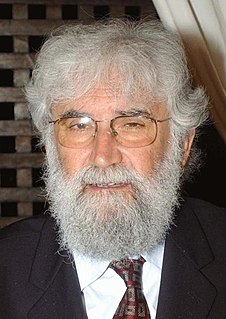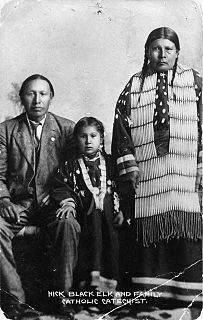A Quote by Edwin Arnold
For death, Now I know, is that first breath Which our souls draw when we enter Life, which is of all life center.
Related Quotes
We are left with nothing but death, the irreducible fact of our own mortality. Death after a long illness we can accept with resignation. Even accidental death we can ascribe to fate. But for a man to die of no apparent cause, for a man to die simply because he is a man, brings us so close to the invisible boundary between life and death that we no longer know which side we are on. Life becomes death, and it is as if this death has owned this life all along. Death without warning. Which is to say: life stops. And it can stop at any moment.
It is written that the last enemy to be vanquished is death. We should begin early in life to vanquish this enemy by obliterating every trace of the fear of death from our minds. Then can we turn to life and fill the whole horizon of our souls with it, turn with added zest to all the serious tasks which it imposes and to the pure delights which here and there it affords.
LIFE IS A DIVINE GIFT. The divine is not something outside of us; it is right in our very center; it is our freedom. In our training, we learn the real nature of life and death. When life is victorious, there is birth; when it is thwarted, there is death. A warrior is always engaged in a life-and-death struggle for peace.
Our souls demand Purgatory, don't they? Would it not break the heart if God said to us, It is true, my son, that your breath smells and your rags drip with mud and slime, but we are charitable here and no one will upbraid you with these things, nor draw away from you. Enter into joy? Should we not reply, With submission, sir, and if there is no objection, I'd rather be cleansed first. It may hurt, you know-even so, sir.
As we live through thousands of dreams in our present life, so is our present life only one of many thousands of such lives which we enter from the other more real life and then return after death. Our life is but one of the dreams of that more real life, and so it is endlessly, until the very last one, the very real the life of God.
Death is not a curse to be outwitted no matter the cost. Death is the natural pivot on which life turns, without which life as we know it could not be. A pro-life-support position is not always a pro-life position. When we can no longer hold on with purpose, to let go is to die with dignity and grace.
As we walk our individual life journeys, we pick up resentments and hurts, which attach themselves to our souls like burrs clinging to a hiker's socks. These stowaways may seem insignificant at first, but, over time, if we do not occasionally stop and shake them free, the accumulation becomes a burden to our souls.
Now with the allocation and the understanding of the lack of understanding, we enter into a new era of science in which we feel nothing more than so much so as to say that those within themselves, comporary or non-comporary, will figuratively figure into the folding of our non-understanding and our partial understanding to the networks of which we all draw our source and conclusions from.
The first peace, which is the most important,
is that which comes within the souls of people
when they realize their relationship,
their oneness with the universe and all its powers,
and when they realize that at the center of the universe
dwells the Great Spirit,
and that this center is really everywhere,
it is within each of us.
I was in Korea. I've noticed all my life I see elderly people who have been close to death in an illness and they're absolutely cured and they say, now I know how to live my life. I've seen death. That happened to me when I was 19. It was a terrible, terrifying thing. And I live my life like those people decided to do when they were old. So, since I was 19, I've had the most fun possible every single day, even when I had a rough life. It was the army which taught me about life, and the theater which taught me how good it could be.
Every religious tradition on which we draw has a reverence for life. We are a part of an intricate web of life. Every tradition on which we draw teaches that the ultimate expression of our spirituality is our action. Deep spirituality leads to action in the world. A deep reverence for life, love of nature's complex beauty and sense of intimate connection with the cosmos leads inevitably to a commitment to work for environmental and social justice.







































